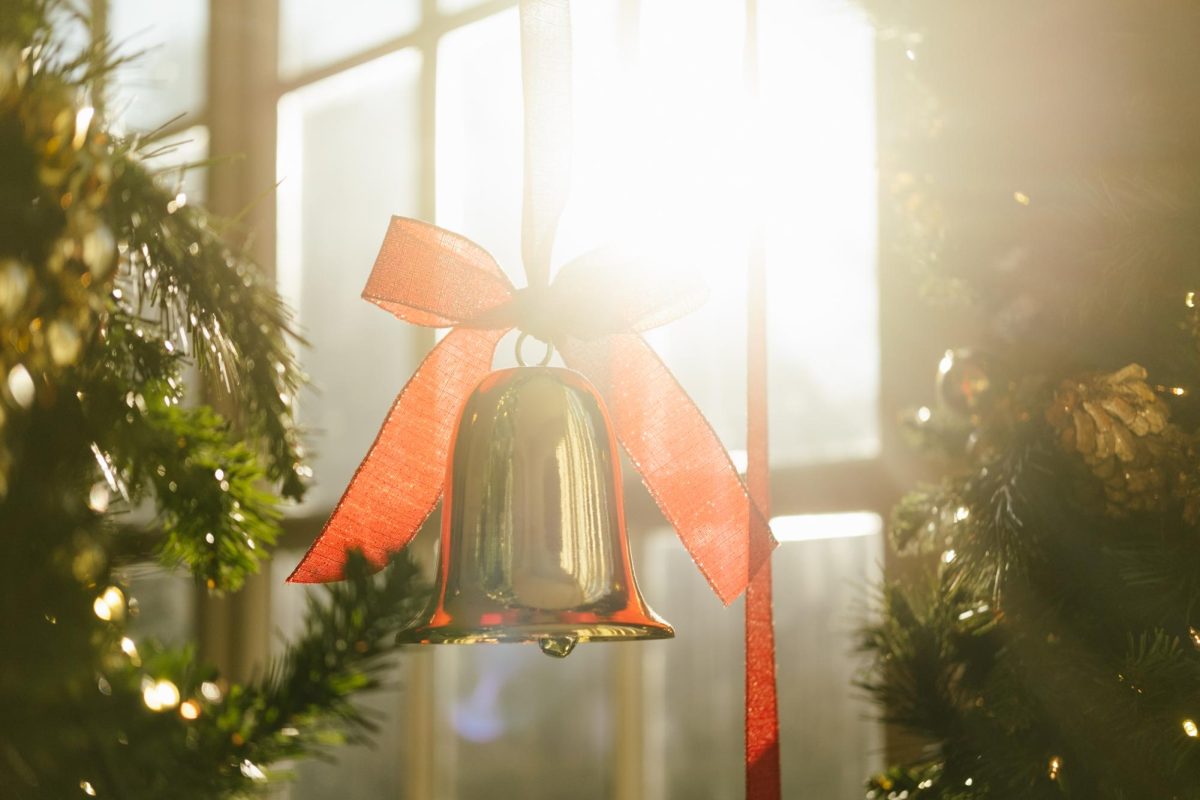
Dozens of competitors tossed small, glowing plastic balls down makeshift courts in the grass at Arlington’s Mosaic Park last Wednesday, drawing spectators to the stream of moving colors.
It was a typical night of GLO Bocce for the members of the D.C. Bocce League, who played across ten courts with glow-in-the-dark balls. The league invites both novices and experts to try their hand at the ancient Italian sport, in which players toss larger balls at a smaller ball, aiming to land as close to the target as possible.
The league was born in 2004, when Rachael Preston, now a member of the group’s board of directors, met with three other friends in the hopes of starting a local sports league. Though the four friends were originally kickball players, they thought the relaxed, social atmosphere of bocce would bring members of the community together.
The group has grown over the last decade from 50 original members to more than 2,500 players in D.C., Maryland and Virginia.
“We called it an ‘amoeba’ phenomenon,” Preston said. “Teams that had six players on them suddenly had ten players on them, and then in the subsequent season those would split into two teams and grow in size, and then kind of split again.”
The League organizes a bocce game every night of the week, bouncing from neighborhoods like Dupont and Bethesda to Capitol Hill and Columbia Heights. While it is typically an all-ages sport, the D.C. Bocce League hosts bocce bar crawls at local bars for older crowds.
At U Street’s Vinoteca, La Tagliatella in Arlington and Black Jack of Logan Circle, league members are treated to food and drink specials as they play.
The organization’s lighthearted take on the game is perhaps most obvious in team names. With names like “Mission Imbocceball,” “Bocce Horror Picture Show” and “I Came in Like a Bocce Ball,” players have made choosing the most clever title an additional competition.
Heading to the courts each game night means more than just developing a knack for tossing the “pallina.” Above all, the game is a way for players across the D.C. area to unwind and socialize with new friends.
Because bocce requires less movement than other sports, team members are free to chat between throws. On the court, the game itself is a natural conversation-starter, as many members are rookies who need to learn the rules together.
“You can actually talk and hang out while you’re playing, which is probably one of the best benefits of it. So it’s not just about the sport, it’s about interacting with people,” said Tristanne Staudt, a GLO Bocce division manager.
Staudt said she has made many new friends since she joined the League in 2004, including her now-boyfriend of two years. Both were part of winning teams at “Flair Week,” the league’s seasonal tournament and bocce celebration, and were given free tickets to a baseball game as a prize.
To tone down competitiveness, the D.C. Bocce League uses a different kind of award system, giving the top-scoring team at the end of each season the chance to choose a charity to receive a donation from the league.
“You’re not, like, physically fighting over the ball like in soccer. It’s much less head-to-head competition. It can get very competitive, but it’s much more chill than a lot of other sports,” said Dan Holm, member of the team “Boccisimo.”
Preston, who remembers tossing bocce balls with her grandparents as a child, said people of all abilities join the league, including members in wheelchairs and players that have suffered injuries playing other sports.
Although the teams play to win, the league’s ultimate purpose isn’t just to coach members into star bocce athletes. Instead, members of the organization said it hopes to create opportunities to form relationships.
“If you fill a need you have that isn’t currently met, there’s certainly gonna be other people out there that also have that need to connect,” Preston said.






